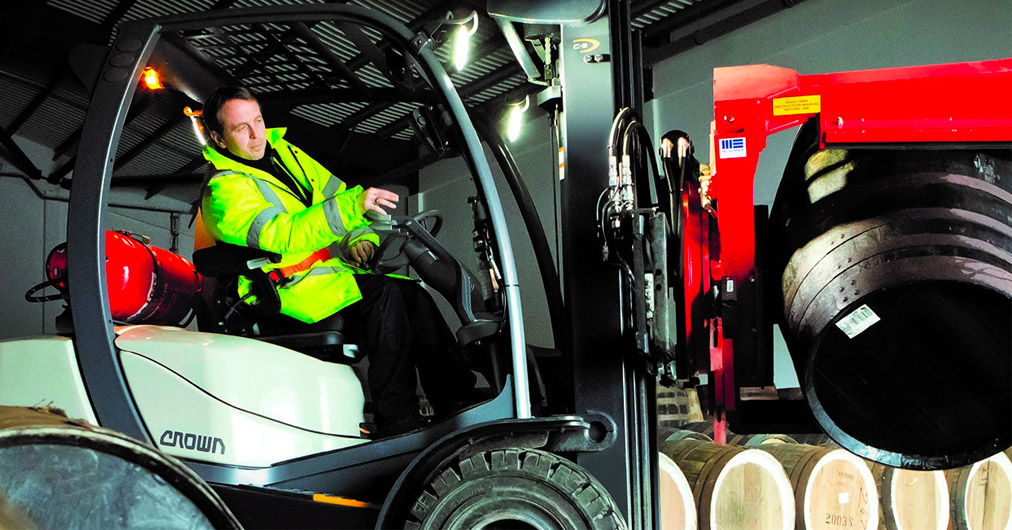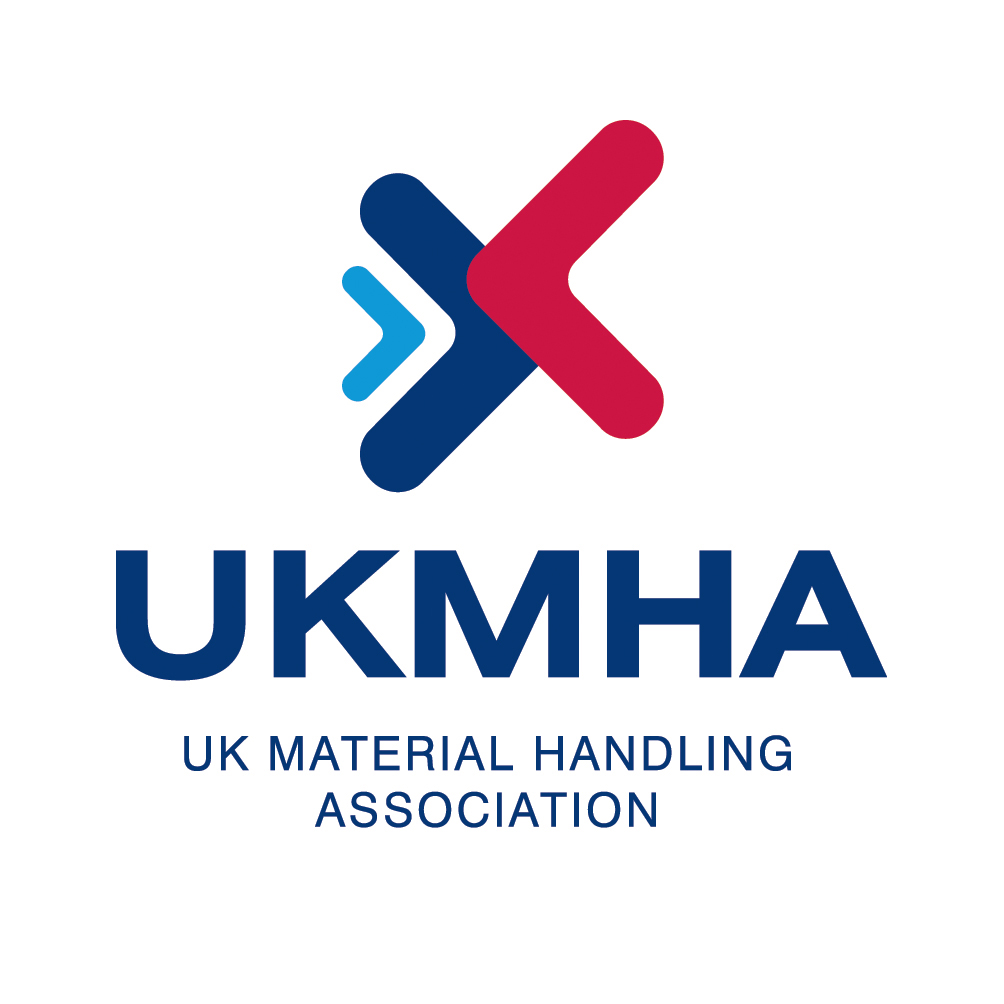Training & Guidance
Before authorising any employee to operate a truck, the employer must ensure proper training has been completed to guarantee adequate competency.
FLT Training
- BASIC TRAINING – such as that provided by a third-party training provider. This will include an explanation of safety systems and truck stability.
- SPECIFIC JOB TRAINING – identifies on-site hazards and rules; relates to specific truck and loads
- FAMILIARISATION TRAINING – supervised practical experience of specific work activities
- REFRESHER TRAINING – ensures experienced operators continue to adopt safe working protocols
- SUPERVISORS – legislation stipulates supervisors have proper training to recognise safe and unsafe working practices and intervene where necessary to maintain protocols.

Reducing Risk
All lift truck manufacturers are being urged to ensure that the safety procedures recommended by BITA become the industry benchmark.
All our stakeholders agree that the requirement to raise safety standards in the materials handling industry cannot be stressed enough.
The best forklift training programmes are designed to promote performance, encourage safety, fulfil all legal requirements and reduce the total cost of ownership.
Providing operators with the training they need to perform the tasks required of them is a minimum legal requirement for the materials handling industry.
Over and above this, the benefits that a well-trained operator can offer to company are significant, even leading to lower costs through the correct use of equipment. This is because well-trained operators work more productively and cause less damage to their equipment and goods.
Instructors specialising in materials handling training have undergone precise tutelage for the full range of products on which they teach.
In addition to comprehensive training on safe operation, certain instructors will also train operators to fully understand the special features of their equipment, ensuring they work safely and productively. Operators are shown the best techniques for reducing fuel consumption and extending the life of their equipment. This helps keep costs low whilst meeting all environmental commitments.
For counterbalance trucks, operators are shown what can cause truck instability, best practice driving techniques, battery maintenance or other fuel-relevant training applicable to the truck. The courses also teach operators how to stack and de-stack into racking and unloading from vehicles if applicable.
But the training is not limited to counterbalance trucks. With the range of lifting trucks used in the modern warehouse, the training must be tailored to suit each unit. Therefore, correct use of Reach Trucks, Turret Trucks, Work Assist Vehicles, Pallet Trucks and Stackers, and Order Pickers & Tow Tractors should all be covered.
Training certification will either be issued directly by the manufacturer or an accredited body and all operator training programmes is designed to meet the requirements of the HSE L117 Approved Code of Practice for lift trucks.
The modern warehouse is a busy place with a multitude of trucks operating in an enclosed environment. It could be a recipe for disaster but with proper training and a responsible attitude by management then the risks can be minimised.
But even one fatal accident is one too many. Therefore, the materials handling industry is being urged to take responsibility for all lift truck operators and to ensure that correct safety protocols are adhered to both within the warehouse and beyond.

